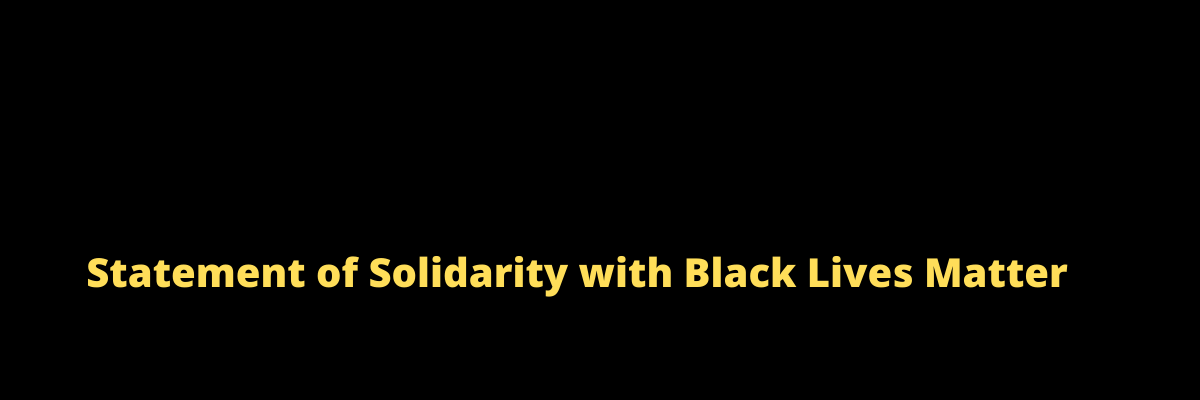
Half a century ago, James Baldwin wrote a letter from Harlem with the subject line, “Fifth Avenue, Uptown.” The police officer, in Baldwin’s words, moves through the streets of the inner city “like an occupying soldier in a bitterly hostile country…. He can retreat from his uneasiness in only one direction: into a callousness which very shortly becomes second nature. He becomes more callous, the population becomes more hostile, the situation grows more tense, and the police force is increased. One day, to everyone’s astonishment, someone drops a match in the powder keg and everything blows up.”
Everything blew up – again – on May 25, 2020 when a Minnesota police officer put his knee on George Floyd’s neck for eight minutes and forty-six seconds, and watched him die. Floyd uttered “I can’t breathe” more than twenty times, and was asked to stop yelling because it took a heck of a lot of oxygen to cry out for one’s life. The “universal right to breathe” in the words of the philosopher, Achille Mbembe, has been brutally extinguished all too often for Black people. America has been forced to confront yet again the tortuous and bloodied traces of its unresolved past; the twisted sinews of a history ranging from plantation slavery, the civil war, and Jim Crow to the mass incarceration and death of black populations in the post-War era.
The protests of millions against racial injustice that spilled out on the streets of this nation is deeply connected to the raging pandemic that already killed over one hundred thousand Americans by May 25, the day George Floyd was murdered. Racial violence is a contagion that rips a body politic apart. The Covid-19 pandemic has exposed America’s – and the world’s - festering racial divides even as it has laid bare the fragility of our nation’s social contract, with a broken health care system tilted heavily against the Blacks, Latinx, and Indigenous communities, the working poor, the elderly, and the infirm.
“Viral figures of speech have collided with and mingled with the actual virus,” noted the novelist, Siri Husvedt recently, when the coronavirus ran rampant around her Brooklyn home. Some may be tempted to see both the coronavirus crisis and the recent racial ferment as states of exception, as catastrophes in the face of which our current knowledge worlds, our political institutions, social and economic bulwarks, technological wizardry, and our moral principles appear all too inadequate. Such a perspective tempts some to think that everything is fine during ‘normal’ times; that the world makes sense to us, and is reasonably just most of the time. The viral pandemic may have ruptured a misplaced sense of normalcy, but racial injustice is an indelible part of the everyday normal.
The Institute of the Humanities and Global Cultures strongly condemns this endemic violence against the Black community, and unequivocally affirms that Black Lives Matter. We mourn the recent deaths of George Floyd, Ahmaud Arbery and Breonna Taylor. We affirm that our core commitment to promoting humanistic knowledge on a global scale is first and foremost a commitment to fostering a repertoire of knowledges that is inclusive of diverse racial, ethnic, religious, cultural and gendered lifeworlds. We reiterate that the emergence of modern disciplines – the humanities, the social sciences and the natural sciences - is inextricable from global histories of mercantile capitalism, plantation slavery and colonialism that linked Europe and the West with the rest of the world. We recognize that the non-European world has been and continues to be an active partner in the production of these knowledges. We recommit to parsing the meaning of freedom, democracy, property, rights, individuality, polity, government, culture, and aesthetics, with the full knowledge that the ‘human’ informing these concepts has historically excluded vast populations of the world. We support projects that revitalize our histories by paying attention to and contextualizing historical wrongs, not monumentalizing them.
Even as we regenerate our disciplines and reflect on our ethical choices at the IHGC, we acknowledge that there is no seamless path from inclusive knowledge worlds to the urgency of action in ending police brutality against African Americans and the systemic dehumanization of Blacks and indigenous peoples. The path from knowledge to social justice is jagged, painful and unpredictable. It is also interminably long. This realization is humbling. It is also illuminating. For it tells us that our work is never done.
The IHGC pledges to work with the University community to advance the cause of racial justice by acknowledging our institution’s history of slavery and white supremacism, by participating in projects that actively reckon with and contextualize this past, by promoting a respectful culture of equitable exchange among diverse student and faculty groups, and by cultivating an inclusive ethics of knowledge-building and community engagement.
Debjani Ganguly
Director
IHGC
